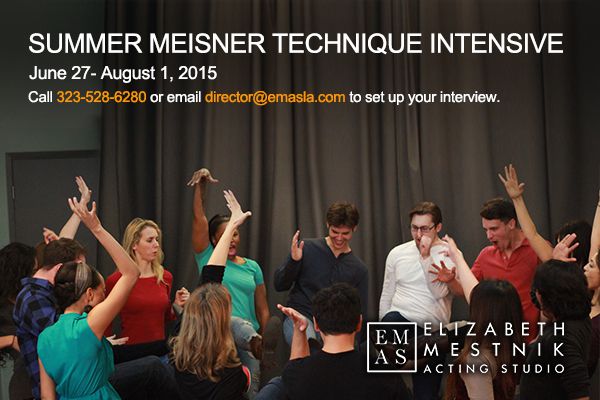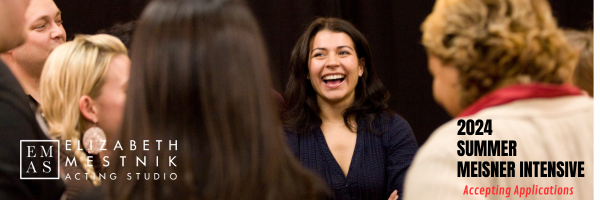Guest Post by Matthew Jaeger
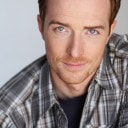 Matt Jaeger is a 2014 graduate of The Elizabeth Mestnik Acting Studio’s Professional Meisner Training Program. He is currently starring in Chinglish by David Henry Hwang at East West Players. Other credits include Recurring and Guest Star appearances on Criminal Minds, Switched at Birth, CSI and Grey’s Anatomy. See Matthew Jaeger on IMDB.
Matt Jaeger is a 2014 graduate of The Elizabeth Mestnik Acting Studio’s Professional Meisner Training Program. He is currently starring in Chinglish by David Henry Hwang at East West Players. Other credits include Recurring and Guest Star appearances on Criminal Minds, Switched at Birth, CSI and Grey’s Anatomy. See Matthew Jaeger on IMDB.
When I came to Elizabeth Mestnik Acting Studio, I’d already been a working actor for four years. I worked primarily in commercials and television, doing the occasional film and the even more occasional theatre project. I came to EMAS because of one these more occasional theatre projects, a play called Short Eyes, where I played the title role. It was an incredibly demanding role, and I found I hit a wall when trying to access certain emotional parts of myself. I would get to a point and then just… nothing. It was scary and incredibly frustrating. So I faked it when I needed to, and got through the run. But afterwards I was left with the feeling that I should have gone farther, made the role not only deeper but given it more levels and color. My girlfriend (now wife) suggested I look at Elizabeth Mestnik’s Meisner Summer Intensive when it came around that summer. So I did.
To make long story slightly less long, in that short intensive, I dug deeper than I ever had before. I liked what I found, and what it did to me as an actor. So I joined the full Professional Program. What followed were nine months of some of the hardest work I’ve ever done as an actor. Remember, I make my money acting, so I was very nervous to mess with my process or give anyone else input as to how I approached my craft. But the more I relaxed and opened up, the better things got. It was SO much work, but every minute was worth it. I continued on into the 2nd year’s advanced work and my confidence grew as I solidified what I learned and absorbed it into my daily work.
In going through the 2 Year Meisner Program, I not only grew as an actor, but as a person. I made lasting friendships and came to know myself in ways I never thought I would. It was great. But if you’re like me, you want to know, bottom line, “Did the acting get better?” Aka “Did you start booking more?” Well, I’m about as anal retentive as they come and I actually track my booking percentages, so I can answer that question.
Yes.
I started class in 2012. My stats for that year were:
Callback: 20.7%, Booking: 8.8%
(I told you I was anal retentive)
During 2013 I was changing my process and rebuilding my craft, and the numbers dropped.
Callback: 10.4%, Booking 5.2%
Needless to say, it took some real trust to keep with it when my stats dropped by half. But I believed in Elizabeth, Jordana, and Ken. And like I said, I could see my growth as an artist. And most importantly, I was ENJOYING acting more.
By the time I graduated, in June 2014, everything was back to normal. My stats for 2014 were almost identical to 2012:
Callback: 20%, Booking 8.6%
Today I’ve had a year to settle into my new process and really put what I learned to work. It’s the first complete year of acting work I’ve had since graduating, and my stats have definitely improved As of November, my 2015 stats are:
Callback 25.4%, Booking 19%
That’s right, my booking ratio more than DOUBLED in my first full year after graduating from the EMAS 2 Year Meisner Program. And my callbacks have increased as well.
Also, before and during the class (2012-2014) I averaged working 18 days a year. For 2015, I’m on track to work 91 days. True, this probably would have been a good year anyway, part of the ebb and flow of any career. But it could never have gotten this good without EMAS studios. My training there has upped my game to a new level.
So, to sum it all up, only someone as anal retentive as me can tell you, with objective proof, the Elizabeth Mestnik Acting Studio works.
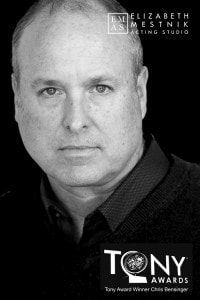 LOS ANGELES, Sept. 8, 2016 /PRNewswire-iReach/ — The Elizabeth Mestnik Acting Studio (EMAS) is adding “Singing Performance” to their fall schedule taught by Tony Award winning producer of American Idiot and Book of Mormon, Chris Bensinger. This is an 8-week class beginning September 26th. The class runs 8 consecutive Monday evenings at 7pm.
LOS ANGELES, Sept. 8, 2016 /PRNewswire-iReach/ — The Elizabeth Mestnik Acting Studio (EMAS) is adding “Singing Performance” to their fall schedule taught by Tony Award winning producer of American Idiot and Book of Mormon, Chris Bensinger. This is an 8-week class beginning September 26th. The class runs 8 consecutive Monday evenings at 7pm.
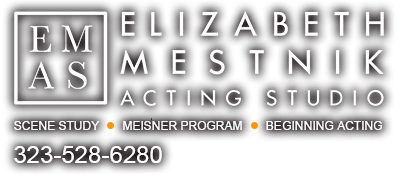
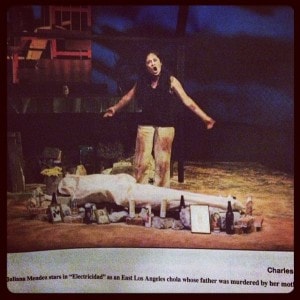 An alumnus of Elizabeth Mestnik Acting Studio’s Meisner program, Juliana Mendez is an LA based Actress currently making a name for herself in film and on stage.
An alumnus of Elizabeth Mestnik Acting Studio’s Meisner program, Juliana Mendez is an LA based Actress currently making a name for herself in film and on stage.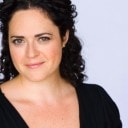 An alumnus of EMAS LA, Jordana Oberman currently teaches the Meisner Technique at the studio. Jordana’s career as a working actor has taken her back and forth between New York and Los Angeles working in Theatre, Television, and Film. See her staff bio
An alumnus of EMAS LA, Jordana Oberman currently teaches the Meisner Technique at the studio. Jordana’s career as a working actor has taken her back and forth between New York and Los Angeles working in Theatre, Television, and Film. See her staff bio 
 Aisha Lomax
Aisha Lomax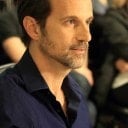 Ken Weiler
Ken Weiler 
 If you have aspirations to act these or other series, check out our
If you have aspirations to act these or other series, check out our 